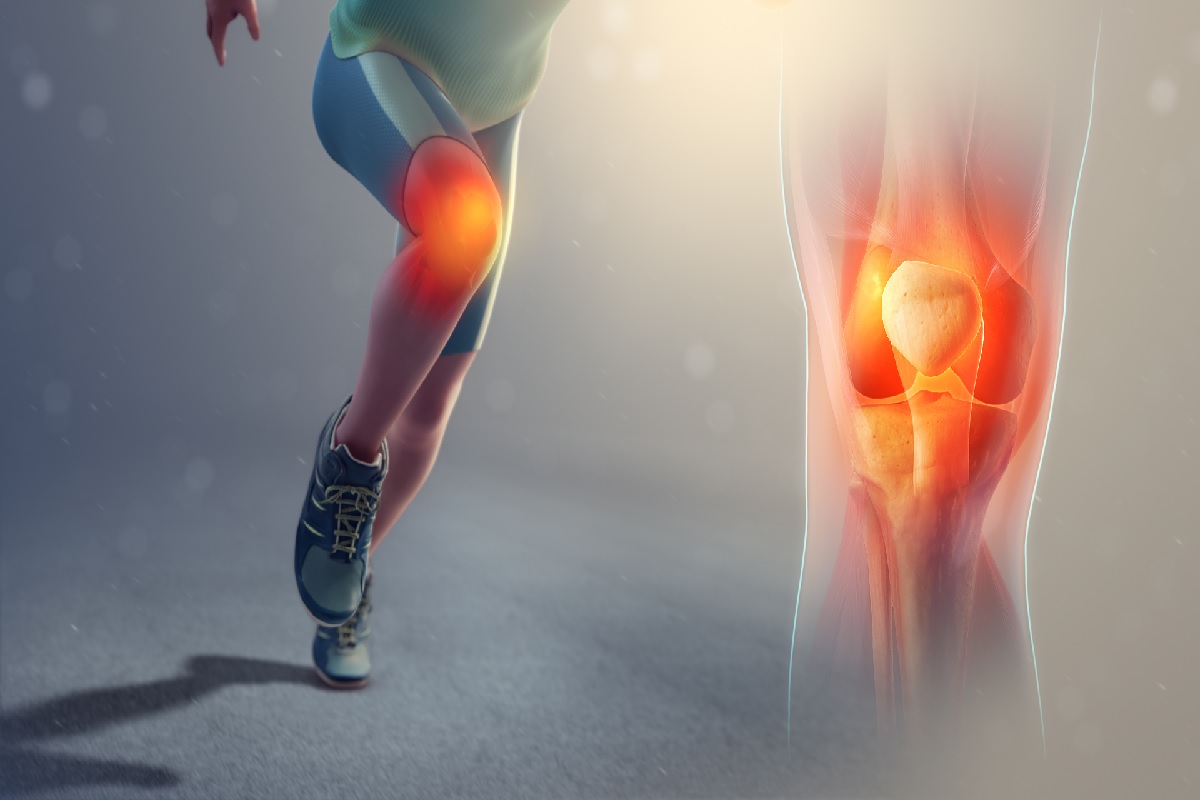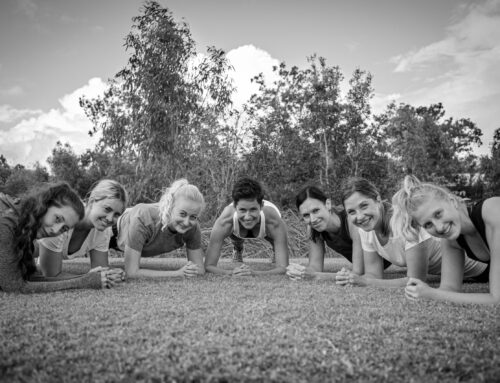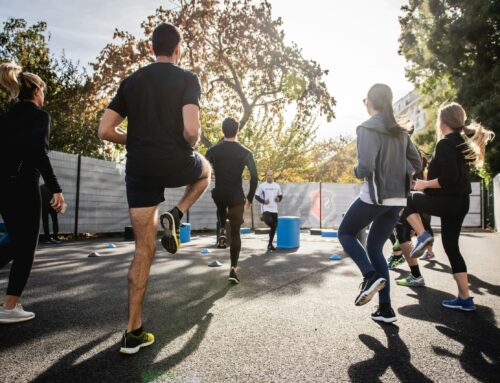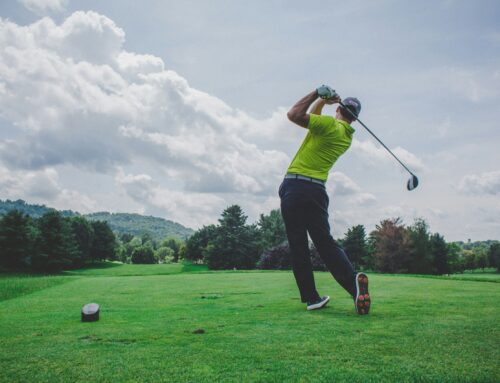What is Patellofemoral Joint Pain?
Patellofemoral pain is pain involving the kneecap. It gets referred to by a number of other names, including Anterior Knee Pain (AKP), Runner’s Knee and Chondromalacia Patella.
It’s a very common problem we see at Head2Toe Physio and normally means the patients can’t play their sport or do their work normally because of it.
What will your Physio ask you?
When you see your Physio, they will take a full history to try and work out how and when it started. That might involve talking about what hobbies you do, sports you play or what your job involves. Could any of these things have contributed to the pain you’re now in?
They will probably ask you to demonstrate when it hurts before they even think of lying you down and starting to do any formal tests. Patients suffering from Patellofemoral pain will most often show us a squat, knee bend or lunge. All of these types of movement ‘load’ the kneecap and are commonly painful.
When the physio looks at your knee, they might also see some swelling, hear or feel some crepitus (grinding) and find some tenderness around the kneecap. They will look at your joint range and muscle strength, not just of your knee but of your hip and ankle as well.
Treatment for Patellofemoral Pain
Rehab of patellofemoral pain will probably involve, exercise therapy aimed at the hip and knee muscles, some manual therapy aimed at tight tissues and possibly orthotics for the feet.
When I first trained and then started working as a Physio, we were told to work specifically on one of the Quadricep muscles called Vastus Medialis Obliquus (VMO). It always seemed a bit far fetched to me that it was even possible to make one of the Quads work harder or more quickly than the others.
Given I thought it was impossible, I dread to think what our patients thought! Years later it was with great relief that more recent studies seem to show exactly that. The advice now is to gradually load the Quadriceps as a group (not individually) which seems a far more plausible piece of advice.
Your Physio will set you some Quads exercises at a low load that don’t cause a significant increase in your pain. A little increase is probably OK but no more than that. The trick is these exercises need progressing to higher loads as things improve.
Not just your Quads!
As well as muscles on your thigh, your Physio will set you some Gluteal exercises (muscles around your hip). The reason for this is that they help stabilise your pelvis and keep your knee in good alignment when stepping, walking, running, lunging and squatting.

Once things are improving , these muscle groups can be combined at higher loads and in combination. One way is to train wall slides, lunges, squats or step ups/downs. I always try and remember that most of our sporty patients come in with a specific complaint about their knee. It could be they can’t do step classes, lunge for a shuttlecock or get down into a bowls action anymore.
Loading rehab should always aim to finish with sports or activity specific loading. There’s no point coming in with a problem and going away no closer to being able to do it at the end of a 3 month rehab program!
Your physio may be able to help you with some simple verbal or visual cues. It might be something as simple as ‘open your knees’ or ‘knee behind toes’. It’s amazing how subtle changes in posture or technique can reduce or change painful loading.
Do Orthotics work?
It may be beneficial to try orthotics to help correct problems with foot position. This can affect loading in the knee and reduce pain. Some patients can get quite good relief from a simple off the shelf orthotic. Others may be advised to seek more expert biomechanical Podiatric advice. At Head2Toe Physio we have excellent links with a number of really good practitioners. We will advise you if seeing them is advisable.
It is essential when seeing your Physio, to go away with a good understanding of joint loading principles. These should help you self manage your condition more successfully in the future.
If you or anyone you know is suffering from knee pain and would like to have a physiotherapy assessment with the team at Dorking , Leatherhead or Crawley , contact us here.





